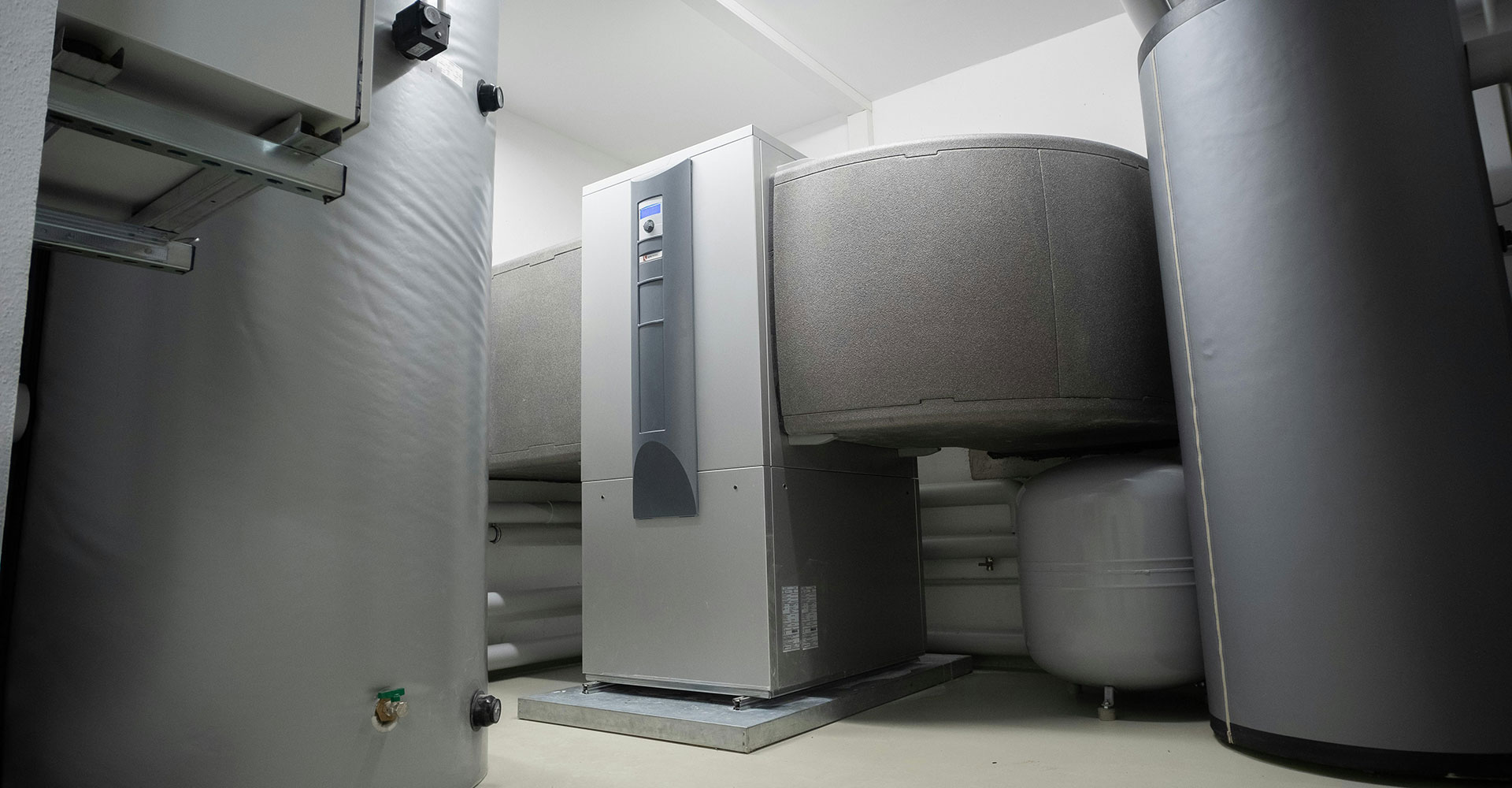Climate change is one of the most critical challenges our planet faces today. Fossil fuels like coal, oil, and gas account for over 75% of global greenhouse gas emissions and almost 90% of all carbon dioxide emissions. Switching to clean energy reduces humans’ impact on the climate and protects the planet for future generations.
Clean energy is also essential for sustainable development and addressing climate change because it helps:
- Reduce our impact on the environment
- Improve air quality and public health
- Create jobs
- Shrink energy costs
- Ensure energy security
Commercial enterprises rely on energy to operate — the U.S. Department of Energy (DOE) estimates commercial buildings in this country account for 18% of total annual U.S. energy consumption. Average energy consumption is 22.5 kilowatt-hours per square foot. The buildings sector’s carbon dioxide emissions account for about 826 million metric tons each year, according to the DOE, with industry contributing to 30% of GHG emissions based on electricity end-use in 2021. Commercial entities should take the lead in championing the sourcing and use of clean energy.
Why Businesses Must Step Up
The importance of sustainability has grown in the past few years especially. Many organizations have implemented environmental, social, and governance (ESG) programs to ensure accountability, process and system implementation, all designed to manage a company’s carbon footprint and treatment of employees, vendors, and other stakeholders.
ESG’s first pillar, environmental, includes considerations about a company’s impact on the environment and potential opportunities and risks it faces or could contribute to, including:
- Air and water pollution
- Biodiversity loss
- Carbon footprint reduction, including GHG
- Climate change strategy
- Deforestation
- Energy usage and efficiency
- Greenhouse gas emissions
- Natural resource depletion
- Waste reduction
In addition to the growing number of investors relying on ESG to evaluate companies and inform their investment plans, businesses realize other benefits from investing in clean energy. Most critically, upgrading to clean energy sources reduces a company’s environmental impact. As this source becomes more affordable, investing in clean energy technologies will help businesses save money on their energy bills. The industry is proliferating, so businesses investing in clean energy position themselves to benefit from this growth.
Consumers are also increasingly expecting — and demanding — products and services from businesses committed to sustainability. Organizations operating under the ESG framework can protect their brand reputation.
Finally, the number of regulations, standards, and incentives addressing renewable energy is growing. Many federal, state, and local jurisdictions have already established specific clean energy standards, and more are coming. By investing in clean energy, businesses ensure compliance with these regulations.
New Jersey Clean Energy Incentives
New Jersey offers a variety of commercial energy programs to help businesses save energy, money, and the environment. The New Jersey Board of Public Utilities (BPU) and the New Jersey Clean Energy Program (NJCEP) administer these programs.
Existing Buildings Energy Efficiency
- Benchmarking: This program helps businesses track and compare their energy consumption to similar businesses, identify energy-saving opportunities, and set goals for improvement. Note: Because of the large volume of benchmarking inquiries, NJBPU recommends visiting its benchmarking FAQ.
- Large Energy Users Program (LUEP): This program provides financial incentives to large commercial and industrial customers to implement energy efficiency measures.
- Local Government Energy Audit (LGEA): This program provides free energy audits to local governments, helping them identify and implement energy-saving measures in their buildings and facilities.
- Utility Programs: NJ’s utilities also offer a variety of energy efficiency programs for commercial customers. These programs often include rebates, incentives, or technical assistance.
New Construction Energy Efficiency
- SmartStart New Construction Buildings: This program provides financial incentives for new commercial buildings to meet or exceed the International Energy Conservation Code (IECC).
- Customer Tailored (CTEEP) Pay for Performance — New Construction: This program provides financial incentives for new commercial buildings to achieve energy savings greater than what the IECC requires.
- Pay for Performance Portal: This online platform provides tools and resources to help businesses develop and implement pay-for-performance energy efficiency projects.
Distributed Energy Resources
- Combined Heat and Power (CHP): This program provides financial incentives for businesses to install CHP systems, which can generate electricity and heat from a single fuel source.
- DER Microgrid Feasibility Studies: This program provides financial assistance to businesses to conduct feasibility studies for distributed energy resource (DER) microgrids. DER microgrids are small, self-contained power grids able to provide backup power or operate independently from the main grid.
Other Programs
- School & Small Business Stimulus Program (SSBS): This program provides financial assistance to schools and small businesses planning to implement energy efficiency measures. Note: This program is currently closed but may reopen should monies become available.
- Energy Savings Improvement Program (ESIP): This program allows government entities to pay for energy-related improvements using the value of energy savings resulting from those improvements.
- Community Energy Plans: This program helps communities develop and implement energy plans to reduce energy consumption and GHG.
- Electric Vehicle Incentive Programs: NJ offers a variety of incentive programs for businesses to purchase or lease electric vehicles.
- Sustainable Jersey and Sustainable Jersey for Schools: This program provides certification and recognition to the state’s municipalities and schools taking steps to become more sustainable.
Benefits of Participating in NJ Commercial Energy Programs
One of New Jersey’s Board of Public Utilities (BPU) goals is to help businesses manage their energy needs — hence the creation of the state’s New Jersey Clean Energy Program (NJCEP). Administered through the Division of Clean Energy (DCE), this statewide program promotes technologies designed to save electricity and gas and reduce reliance on fossil fuels.
Organizations that participate in NJ’s commercial energy programs see many benefits. Energy efficiency measures and renewable energy technologies can help businesses save on their utility bills. By reducing energy consumption, businesses also reduce the emission of GHG and other pollutants.
Energy-efficient buildings and workplaces are more comfortable for tenants, employees, and other stakeholders. Brands participating in energy efficiency and renewable energy programs actively demonstrate their commitment to sustainability, which can attract and retain customers and employees.
Taking advantage of NJ’s commercial energy programs helps businesses become more sustainable, use power more efficiently, and realize energy cost savings.
Are you a commercial real estate investor or looking for a specific property to meet your company’s needs? We invite you to talk to the professionals at CREA United: an organization of CRE professionals from 92 firms representing all disciplines within the CRE industry, from brokers to subcontractors, financial services to security systems, interior designers to architects, movers to IT, and more.

